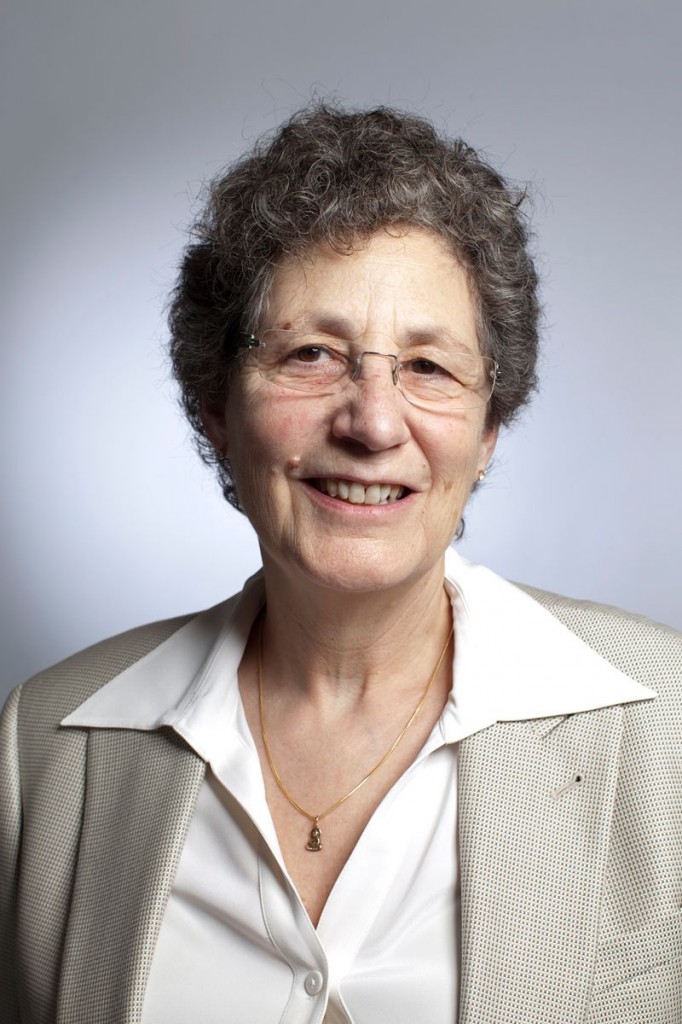 When the California Legislature returns on August 17, the Senate Appropriations Committee will begin processing bill 959, The Lesbian, Gay, Bisexual and Transgender Disparities Reduction Act. Sponsored by Assemblyman David Chiu, the bill directs four California state departments—health care services, public health, social services and aging—to collect voluntary self-reported information on sexual orientation and gender identity. After the Senate Appropriations Committee processing, the full Senate on the Senate floor will vote on the bill. Bill 959 is nothing less than a game changer.
When the California Legislature returns on August 17, the Senate Appropriations Committee will begin processing bill 959, The Lesbian, Gay, Bisexual and Transgender Disparities Reduction Act. Sponsored by Assemblyman David Chiu, the bill directs four California state departments—health care services, public health, social services and aging—to collect voluntary self-reported information on sexual orientation and gender identity. After the Senate Appropriations Committee processing, the full Senate on the Senate floor will vote on the bill. Bill 959 is nothing less than a game changer.
We cannot eliminate health disparities and improve quality of care without broader and more comprehensive information on the health and well-being of LGBT people. The lack of better data limits the ability of policymakers and service providers to develop best interventions, or to craft smart strategies to improve the health and well-being of LGBT Californians. And improve it we must.
Gary Gates of the Williams Institute recently reported on the newly released Gaillup-Healthways Well-Being Index survey. He found that nationally, LGBT adults and LGBT women, in particular, scored lower than heterosexuals on all five areas of the Well-Being index: purpose in life, social well-being, financial well-being, community connectedness and physical well-being. The largest difference was in the area of financial well-being. LGBT adults reported a lower standard of living, less ability to afford basic necessities and greater financial worry. These results are consistent with the Badgett, Durso and Schneebaum (June 2013) study that reviewed rates of poverty in the LGBT community, and concluded that LGBT people are still more likely to be poor than heterosexuals.
The second largest difference was in the area of physical well-being. Only 25% of LGBT participants compared to 33% of non LGBT participants reported high levels of well-being on questions related to alcohol, drug and tobacco use, health issues, exercise and eating habits. These findings are consistent with health disparities reported in the Institute of Medicine Report and the Healthy People 2020 study that found higher rates of unhealthy eating behaviors, tobacco and alcohol abuse and mental distress in LGBT populations. Similarly, the LGBT aging studies conducted at the University of Washington Institute for Multigenerational Health reported higher rates of disability, physical and mental distress, greater vulnerability to isolation and lack of access to services as key health disparities in LGBT older adults.
You wouldn’t let an ambulance driver with blinders on drive you or your loved one to the hospital. You wouldn’t give a baby a bath without first checking the water temperature. It really is just that simple, and that important. Collecting data on sexual orientation and gender identity will allow us to see the road ahead and to take the most efficient and shortest route to eliminating health disparities. Better data will allow us to better care for ourselves and each other, and to plan a healthier future for generations to come.
LGBT serving organizations and ally organizations can send a letter in support of bill 959 to:
The Senate Appropriations Committee Chair, Senator Lara
State Capitol, Room 2206
Sacramento, CA 95814
Marcy Adelman, Ph.D., a clinical psychologist in private practice, is co-founder of the non-profit organization Openhouse and was a leading member of the San Francisco LGBT Aging Policy Task Force.
LGBT Resources for Seniors
openhouse-sf.org/
www.caregiver.org
www.ioaging.org/
415-447-2300
www.openhand.org/
Alzheimer’s Association Programs and Services:
www.alz.org/norcal/; Online Community: www.alzheimersblog.org/lgbt-forum
mydoctor.kaiserpermanente.org/ncal/facilities/region/santaclara/area_master/departments/memorycliic/index.jsp
Recent Comments